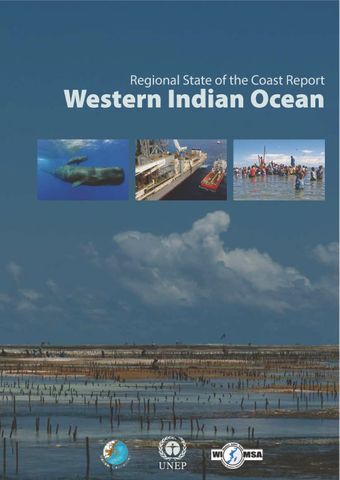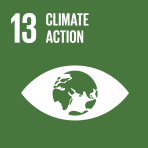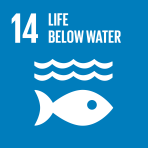Tourism and recreation

- Author: Sachooda Ragoonaden
- Main Title: Regional State of the Coast Report , pp 372-384
- Publication Date: March 2016
- DOI: https://doi.org/10.18356/2731efb5-en
- Language: English
Tourism is a vital tool for economic development and poverty reduction (UNWTO 2002). It provides a multitude of recreation facilities. Tourism is defined as “the activities of persons travelling to and staying in places outside their usual environment for not more than one consecutive year for leisure, business and other purposes” (UNWTO 2013) and recreation as “Activity done for enjoyment when one is not working” (Oxford Dictionary). Annually, it is estimated to be worth US$ 30 000 million and contributes to 9 per cent of global GDP and represents 1 of 11 jobs in the world (UNWTO 2013). It is one of the largest and fastes growing sectors in the world (UNWTO 2013). Coastal destinations feature as one of the most common types of tourism (UNEP/Nairobi Convention Secretariat and WIOMSA 2009). The coastal area, a prolific source of biodiversity and ecosystem services, provides numerous opportunities for tourism and recreation (Beatley and others, 1994) such as swimming, sun bathing, pleasure boating, snorkelling, reef walking and SCUBA diving. The open ocean also offers many opportunities for tourism and recreational activities that include sport fishing, whale and dolphin watching and cruise tourism.
-
From This Site
/content/books/9789210601573s009-c004dcterms_title,dcterms_subject,pub_keyword-contentType:Journal -contentType:Contributor -contentType:Concept -contentType:Institution105


